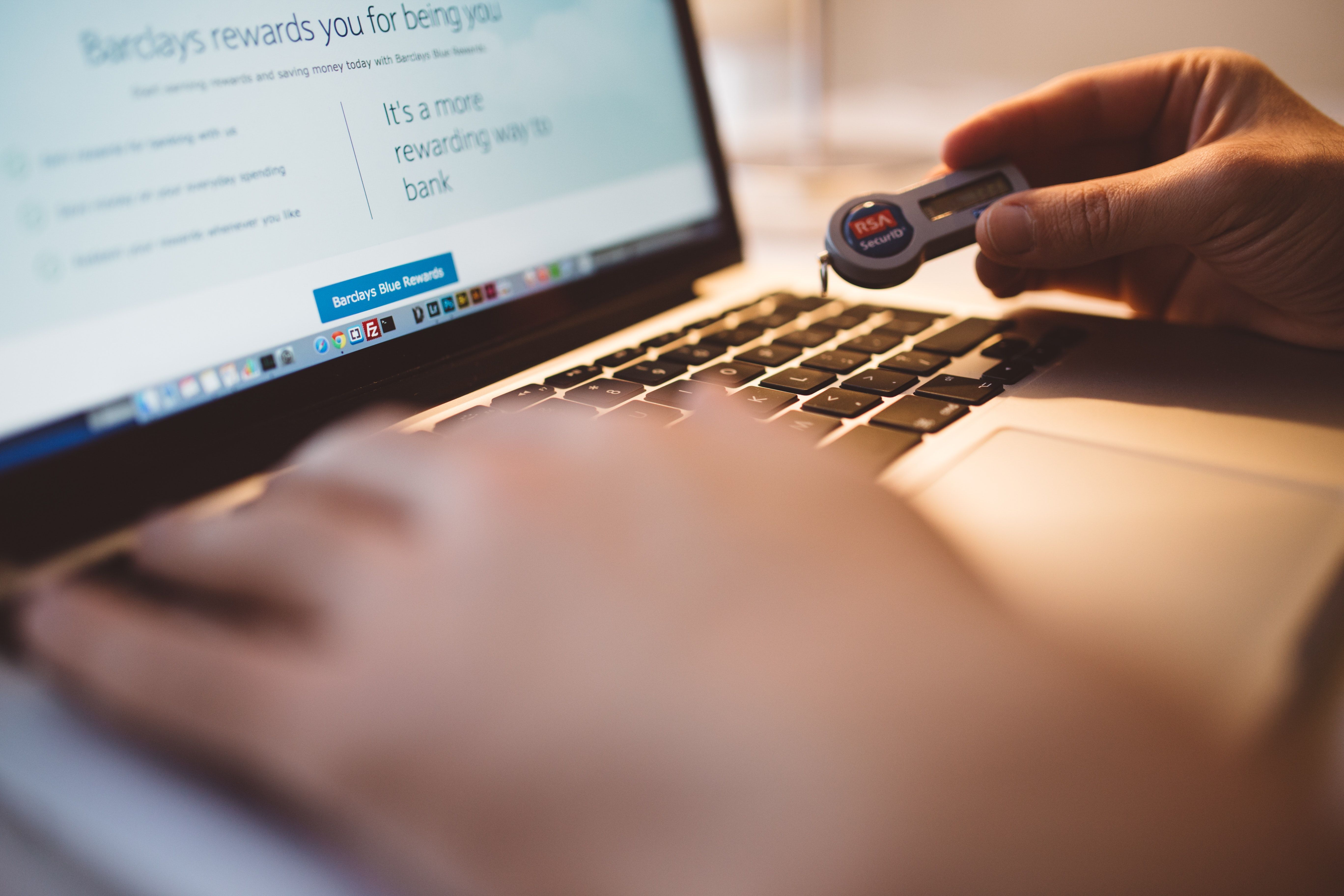Just before Black Friday 2018, Amazon was hit with a data breach that led to its customers’ names and email addresses being exposed, and posted on a website. This was just the latest in a number of high-profile data breaches at corporations that you would assume already had the tools in place to keep customer data secure.
If something like this can happen to a tech giant like Amazon, then it can happen to your business if you don’t have robust data privacy and security strategy in place.
The risk of failing to comply with regulations is severe, as data breaches can cost companies 4% of their yearly global revenue.
Below we’ll discuss what you need to ensure you can keep your customers’ data safe, as well as profile some free and open source software you can implement to protect your business.
Table of Contents
Creating a data privacy strategy
Creating a data privacy strategy means more than just ensuring you properly store, use, and secure your customers’ data. You also need to protect any employee data you collect and store, as well as be mindful of data you collect on potential candidates during the recruitment process, and any third-party services you use (such as a shipping company).
If you want to create a data privacy strategy for your company that both keeps your customers’ data safe from attacks and ensures that you stay compliant with the necessary regulations, you need to take a holistic approach.
Keep customers informed
Whenever you collect someone’s data –– whether that be an employee, customer, job applicant, or supplier –– you must always keep them informed of what data you are going to store, what you are going to do with that data (especially important if you’re sharing it with a third-party organization), and how long you will store it before you delete it.
They always have the right to request to see any information you are currently storing about them, as well as ask you to change any details that are incorrect or out-of-date, request that you don’t use their data for certain purposes (for example, marketing), and ask you to delete any data you hold on them.
Map your data
The approach to creating a data privacy strategy also involves becoming a master of your data. There are a number of different software tools that you can deploy that can help you better store and maintain your data. These solutions include:
- Workflow management tools, which help automate, process and streamline data usage and collection
- Business process analysis software, which helps design and deploy the processes and workflows that businesses use to manage their day-to-day operations.
Companies should also put together a data map. This is a process that can take some time but should form the basis for creating a data privacy strategy. Data mapping involves understanding and showing how data from one system matches and links to data from a separate system. This data map can also assess elements such as:
- What data you collect and store is subject to data privacy compliance regulations
- How this data is used and stored
- How long you hold this data in your systems.
Other considerations
While getting a hold on data privacy through data mapping is crucial, there are a number of other strategies you need to implement to ensure you take a holistic approach
- Assign an owner within your business who will take charge of creating and maintaining a data privacy strategy
- Provide data privacy training to all employees and management (and any third-party agencies you work with that have access to your data)
- Ensure you keep on top of new data privacy regulations, as well as changes to existing ones that affect your business
- Get support from the business owner or senior management to ensure you have adequate budget and resources.
Benefits of creating a data privacy strategy
If you become a master of managing data, then you can reap the business benefits. According to a recent survey from research firm Forrester, these benefits include:
- Improved customer satisfaction
- Increased loyalty
- Improved brand perception
- Deeper customer engagement.
Free and open source software to help you protect your data
Creating a data privacy strategy is challenging for any business, but the right software can help you lower risk, stay compliant, automate manual processes, and lower the cost of securing your data.
Below is a list of the range of free and open source data privacy and security software that can help keep your business safe from attacks.
Comodo
Comodo offers a range of free and open source tools for securing the privacy of any data you collect and store. It also protects against malware, and threats to point-of-sale software. The tools it provides include:
- Website security
- IT systems management
- POS application security
- Advanced endpoint protection
Metaspoilt
Metaspoilt is a solution that helps businesses improve their security awareness, as well as to help the IT team stay ahead of any potential threats. It allows businesses to manage security assessments, as well as verify any vulnerabilities in the network or infrastructure.
AxCrypt
AxCrypt is a free encryption tool for small businesses that protects data with 128-bit or 256-bit AES encryption. It also automatically secure files in cloud storage solutions, such as Dropbox and Google Drive.
Cloudflare
Cloudflare’s free Security Services platform ensures that APIs, applications, and websites are protected and secured against DDoS and bot attacks. It also makes sure customer data is not compromised, and provides custom SSL certificates.
OpenVPN
OpenVPN is a free and open source solution that ensures that all the data you and your employees send and access is secure. This includes providing remote access for employees, internet privacy standards, cloud networking data centers, and securing IoT.
These solutions can help you manage your data, no matter what kind of business you run, irrespective of industry, size, and setup. Your employees and customers can rest easy knowing that they can trust your business to collect, store, and use your data properly and securely.







![10 Best Free and Open-Source Landscape Design Software in 2024 [Updated] SaaSworthy Blog Header](https://images.saasworthy.com/blog_latest/wp-content/uploads/2021/04/Blog-Header-Image.png)

